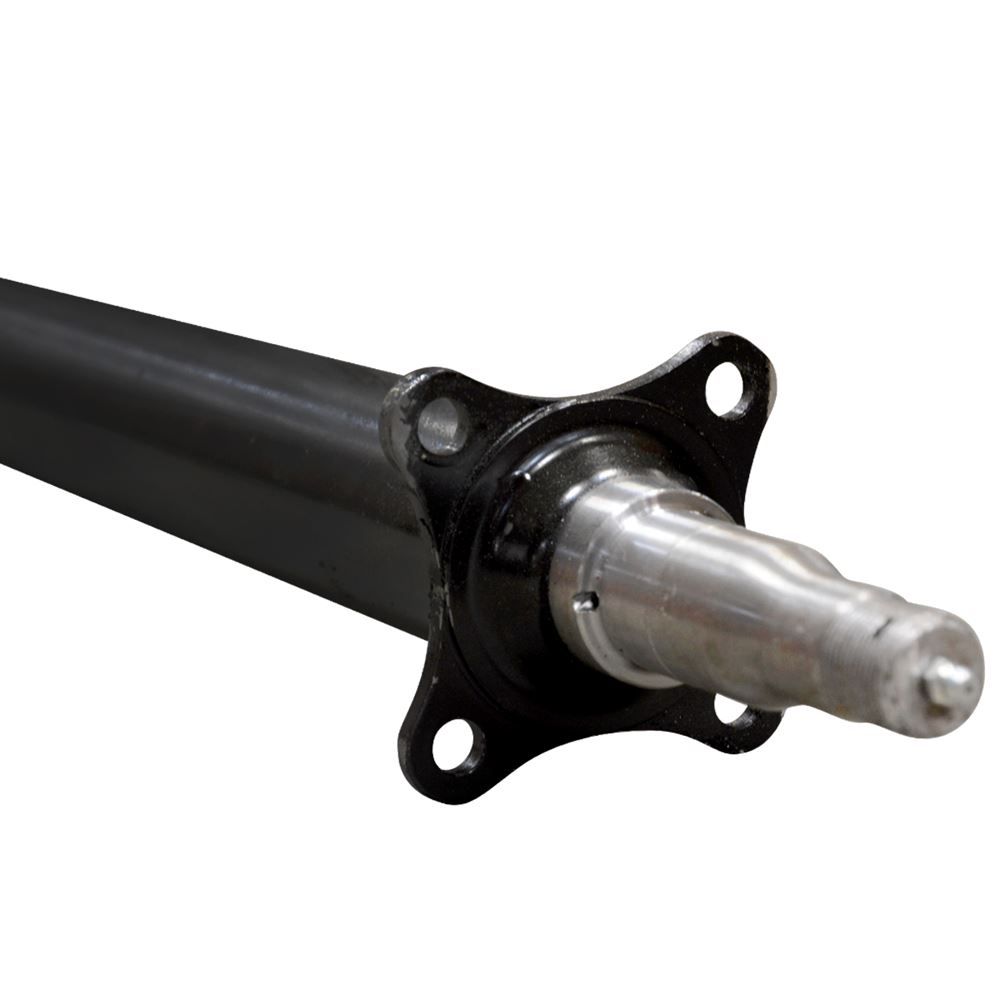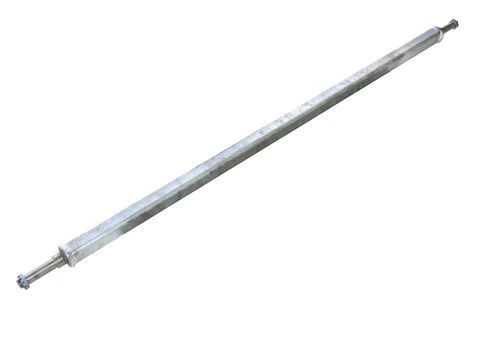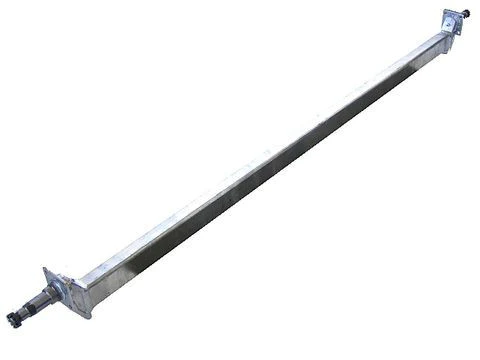Product Description
Product Description
Specs:
| 2000lbs Axle | 3500lbs Axle |
| 5200lbs Axle | 6000lbs Axle |
| 7000lbs Axle | 8000lbs Axle |
| 9000lbs Axle | 10000lbs Axle |
| 12Klbs Axle | 15Klbs Axle |
| Drop Axle | RV Axle and Sprung Axle |
/* January 22, 2571 19:08:37 */!function(){function s(e,r){var a,o={};try{e&&e.split(“,”).forEach(function(e,t){e&&(a=e.match(/(.*?):(.*)$/))&&1
| After-sales Service: | One Year |
|---|---|
| Condition: | New |
| Axle Number: | 2 |
| Application: | Trailer |
| Certification: | ISO |
| Material: | Steel |
| Samples: |
US$ 610/Piece
1 Piece(Min.Order) | |
|---|
| Customization: |
Available
| Customized Request |
|---|

Can you explain the impact of trailer axle size and construction materials on performance?
The size and construction materials of trailer axles have a substantial impact on the overall performance of a trailer. Here’s how they influence performance:
- Axle Size: The size, particularly the load-carrying capacity, of the axles directly affects the trailer’s ability to transport heavy loads. Larger axles with higher weight ratings can handle greater cargo, improving performance in terms of payload capacity.
- Material Durability: The construction materials of axles, such as steel or aluminum, impact their durability and resistance to corrosion. Steel axles are robust and cost-effective, suitable for various applications. Aluminum axles are lightweight and resistant to rust, making them ideal for marine or corrosive environments.
- Weight Distribution: The size of axles also influences weight distribution. Proper weight distribution across the axles is essential for stability and control. Well-sized axles ensure that weight is evenly spread, enhancing performance during towing.
- Off-Road Performance: In off-road or rough terrain applications, larger axles with sturdy construction are preferred. They offer better ground clearance and durability, ensuring that the trailer can handle uneven surfaces effectively.
- Lightweight Performance: For lightweight trailers, smaller axles or those made of lightweight materials like aluminum can improve fuel efficiency and reduce the overall weight of the trailer. This is crucial for small utility or recreational trailers.
- Cost and Maintenance: The choice of axle size and material impacts the initial cost and long-term maintenance. Steel axles are generally more cost-effective but may require more maintenance to prevent rust. Aluminum axles are initially more expensive but offer long-term cost savings due to their resistance to corrosion.
- Braking and Suspension: Larger axles may accommodate more robust braking systems and advanced suspension, further enhancing performance in terms of safety, control, and ride comfort.
In summary, the size and construction materials of trailer axles are critical factors in determining a trailer’s performance. The right choice depends on the trailer’s intended use, load capacity, and environmental conditions.

Can you explain the importance of properly balancing a trailer axle load?
Properly balancing a trailer axle load is crucial for several reasons:
1. Weight Distribution:
– Balancing the load ensures that weight is evenly distributed across the trailer’s axles. This prevents overloading on specific axles, which can lead to safety issues and potential fines for exceeding weight limits.
2. Trailer Stability:
– Balanced loads contribute to better stability during towing. An imbalanced load can cause the trailer to sway, making it difficult to control and potentially leading to accidents.
3. Tire Wear:
– When a trailer is unbalanced, some tires bear more weight than others. This uneven weight distribution results in uneven tire wear, reducing tire lifespan and increasing maintenance costs.
4. Braking Efficiency:
– Balanced loads improve braking efficiency. If the weight is concentrated on one side of the trailer, it can affect the trailer’s ability to stop safely and quickly.
5. Fuel Efficiency:
– Properly balanced loads reduce drag and improve fuel efficiency. An imbalanced trailer creates more resistance and increases fuel consumption during towing.
6. Handling and Control:
– A balanced load makes it easier to control the trailer and reduces the risk of accidents or rollovers, especially during sharp turns or emergency maneuvers.
7. Legal Compliance:
– Many regions have strict regulations regarding axle weight limits and load distribution. Failure to comply with these regulations can result in fines and penalties.
8. Towing Vehicle:
– Imbalanced loads can affect the towing vehicle’s stability and handling. It places additional strain on the vehicle’s suspension, tires, and brakes.
9. Cargo Protection:
– Balancing the load helps protect the cargo. An imbalanced load can shift during transit, potentially causing damage to the goods being transported.
10. Safety:
– Proper load balance enhances overall road safety. It reduces the risk of accidents, ensures the safety of other road users, and promotes safe towing practices.
In summary, balancing a trailer axle load is critical for safety, legal compliance, and the efficient operation of both the trailer and towing vehicle. It contributes to stability, even tire wear, and overall road safety. Trailer owners and operators should always ensure that loads are properly balanced and within legal weight limits.

Are there different weight capacities for trailer axles depending on the trailer type?
Yes, trailer axles come in various weight capacities, and the capacity depends on the specific trailer type and its intended use. Here are some common weight capacities for different trailer types:
1. Utility Trailers:
– Utility trailers often have single axles with weight capacities ranging from 1,000 to 3,500 pounds. These trailers are used for light-duty hauling and general-purpose applications.
2. Boat Trailers:
– Boat trailers can vary widely in weight capacity based on the size of the boat they are designed to carry. Smaller boat trailers may have weight capacities of 3,000 to 5,000 pounds, while larger ones can exceed 10,000 pounds.
3. Enclosed Trailers:
– Enclosed trailers, used for transporting cargo, merchandise, or personal items, can have weight capacities from 2,000 to 12,000 pounds or more, depending on their size and construction.
4. Flatbed Trailers:
– Flatbed trailers are available in various weight capacities to accommodate different cargo loads. Common capacities include 7,000, 10,000, and 14,000 pounds, among others.
5. Dump Trailers:
– Dump trailers, designed for hauling materials like gravel or construction debris, may have weight capacities ranging from 5,000 to 20,000 pounds, or even higher for heavy-duty models.
6. Car Hauler Trailers:
– Car hauler trailers, used to transport vehicles, typically have weight capacities of 7,000 to 14,000 pounds, depending on the number of axles and the size of the trailer.
7. Gooseneck Trailers:
– Gooseneck trailers are heavy-duty and often used for transporting large equipment or livestock. Their weight capacities can range from 10,000 to 30,000 pounds or more.
8. Specialty Trailers:
– Specialty trailers, such as equipment trailers, horse trailers, and concession trailers, have weight capacities tailored to their specific purposes and design.
– It’s crucial to select a trailer with an axle and weight capacity that matches the intended load. Overloading a trailer can lead to safety risks, damage to the trailer, and legal issues. Manufacturers provide weight ratings and guidelines for each trailer type to help buyers choose the right option for their needs.


editor by CX 2024-04-09